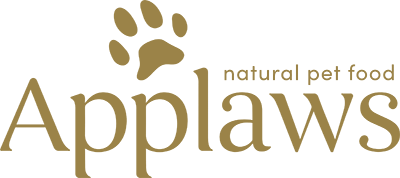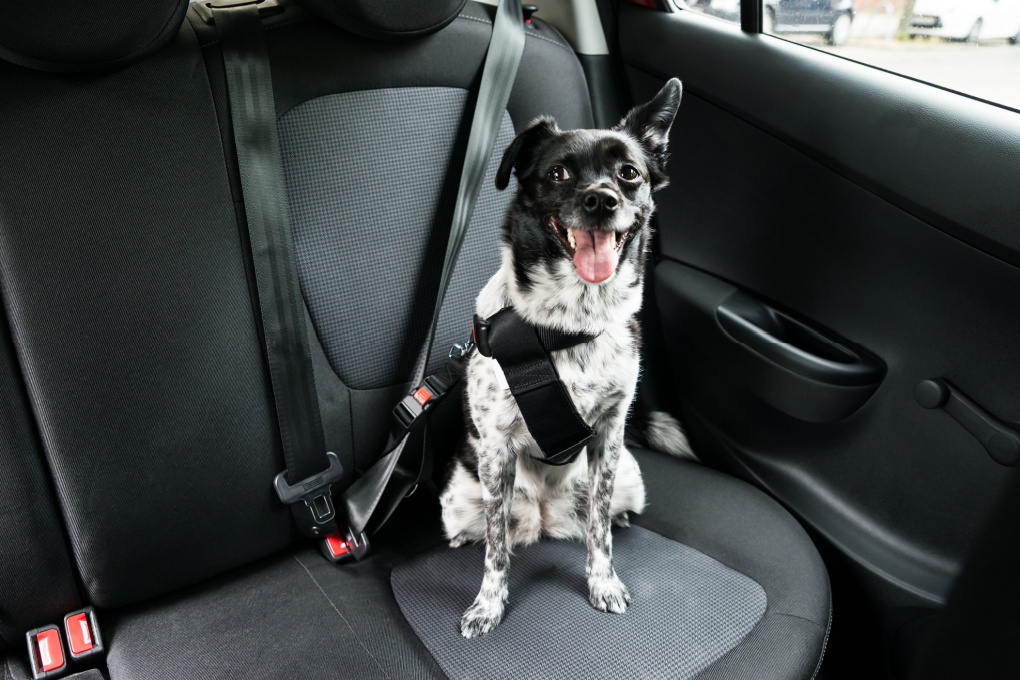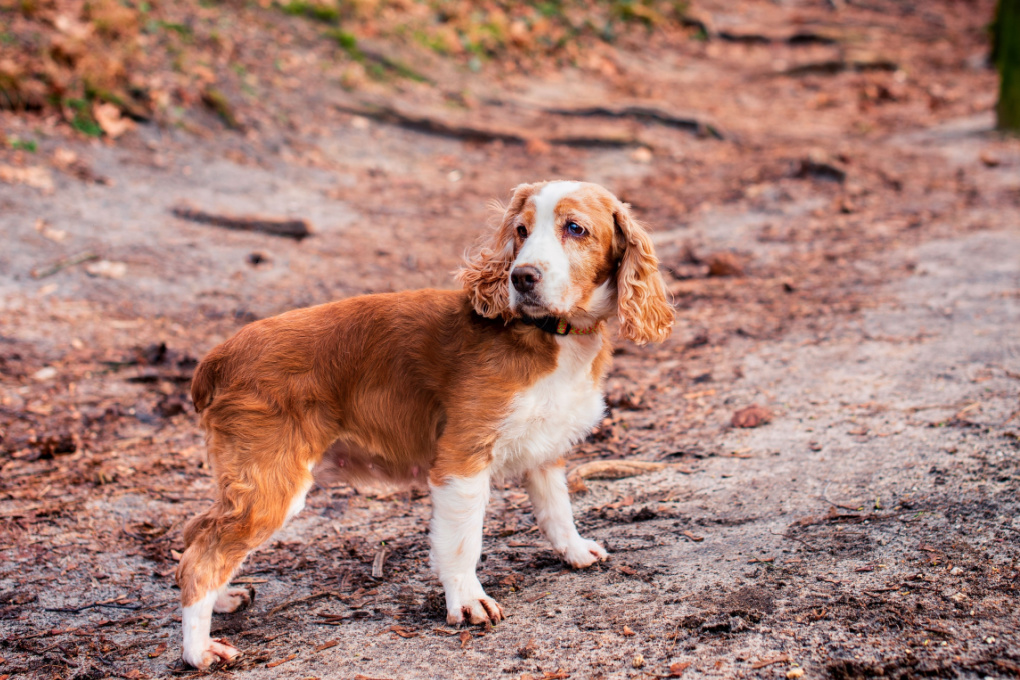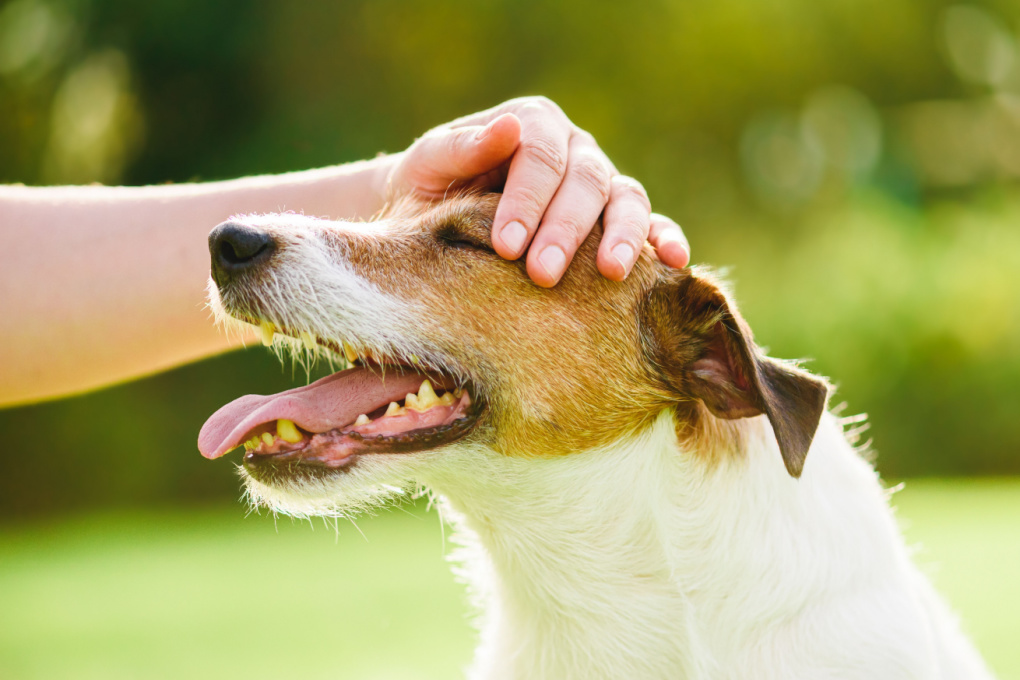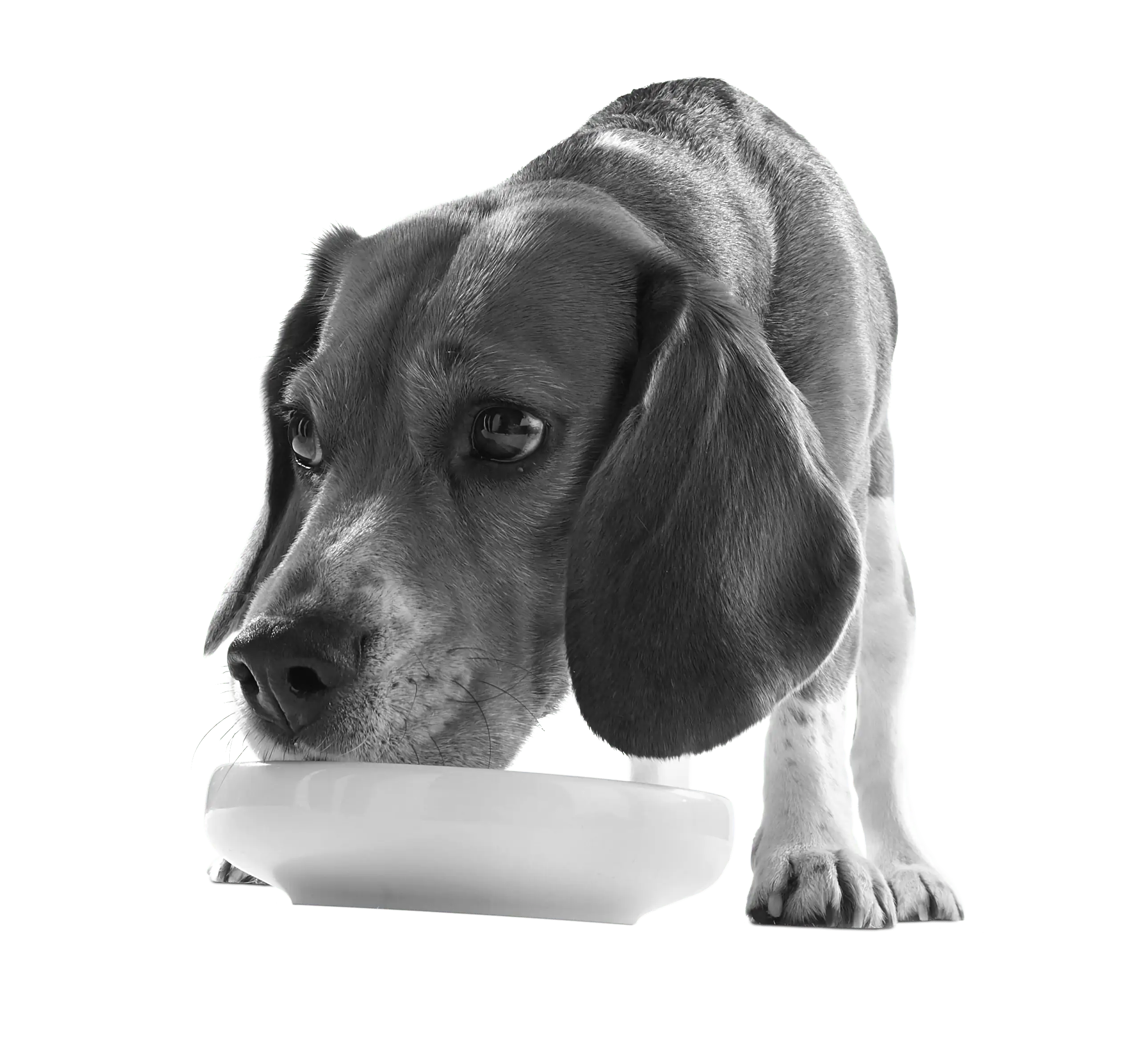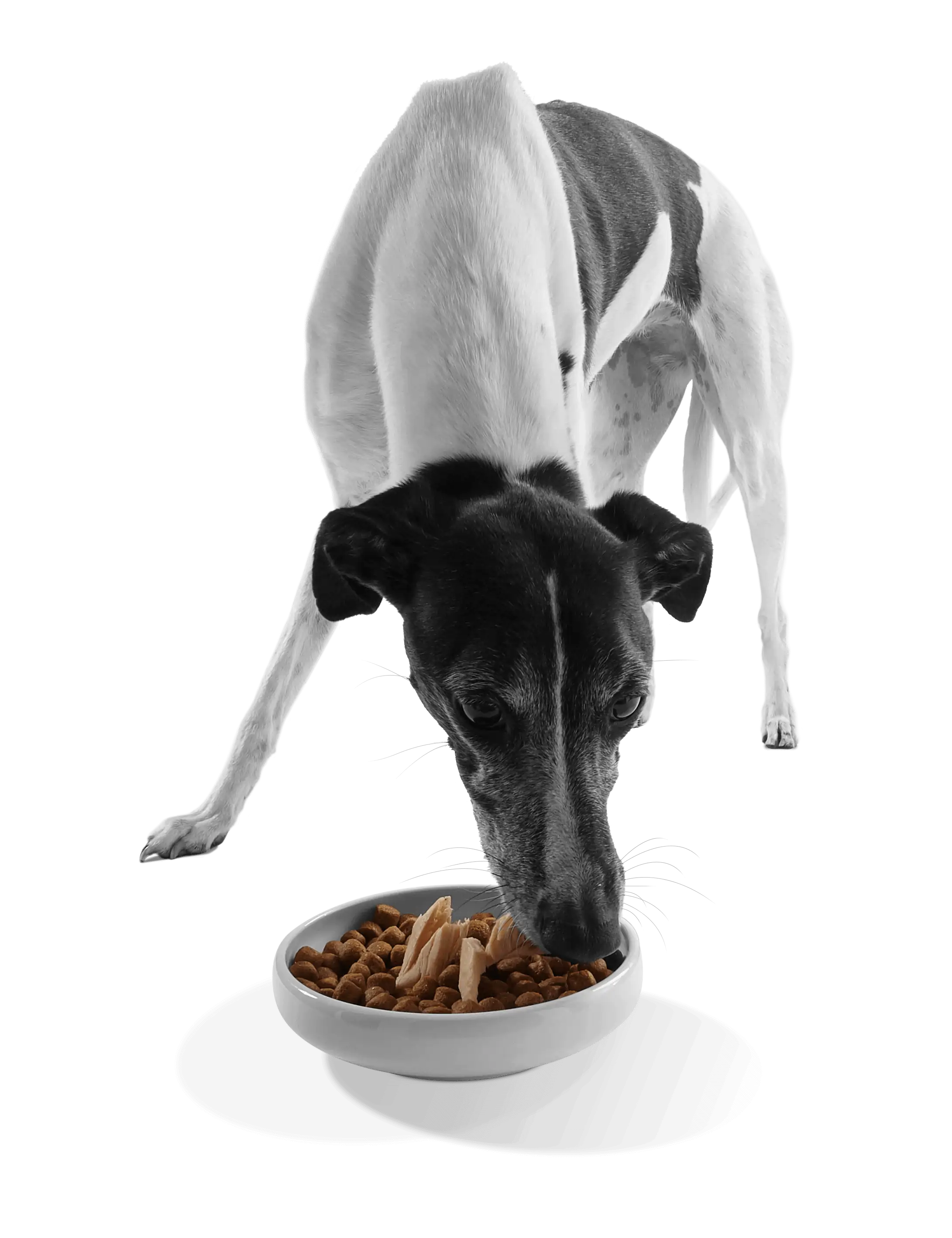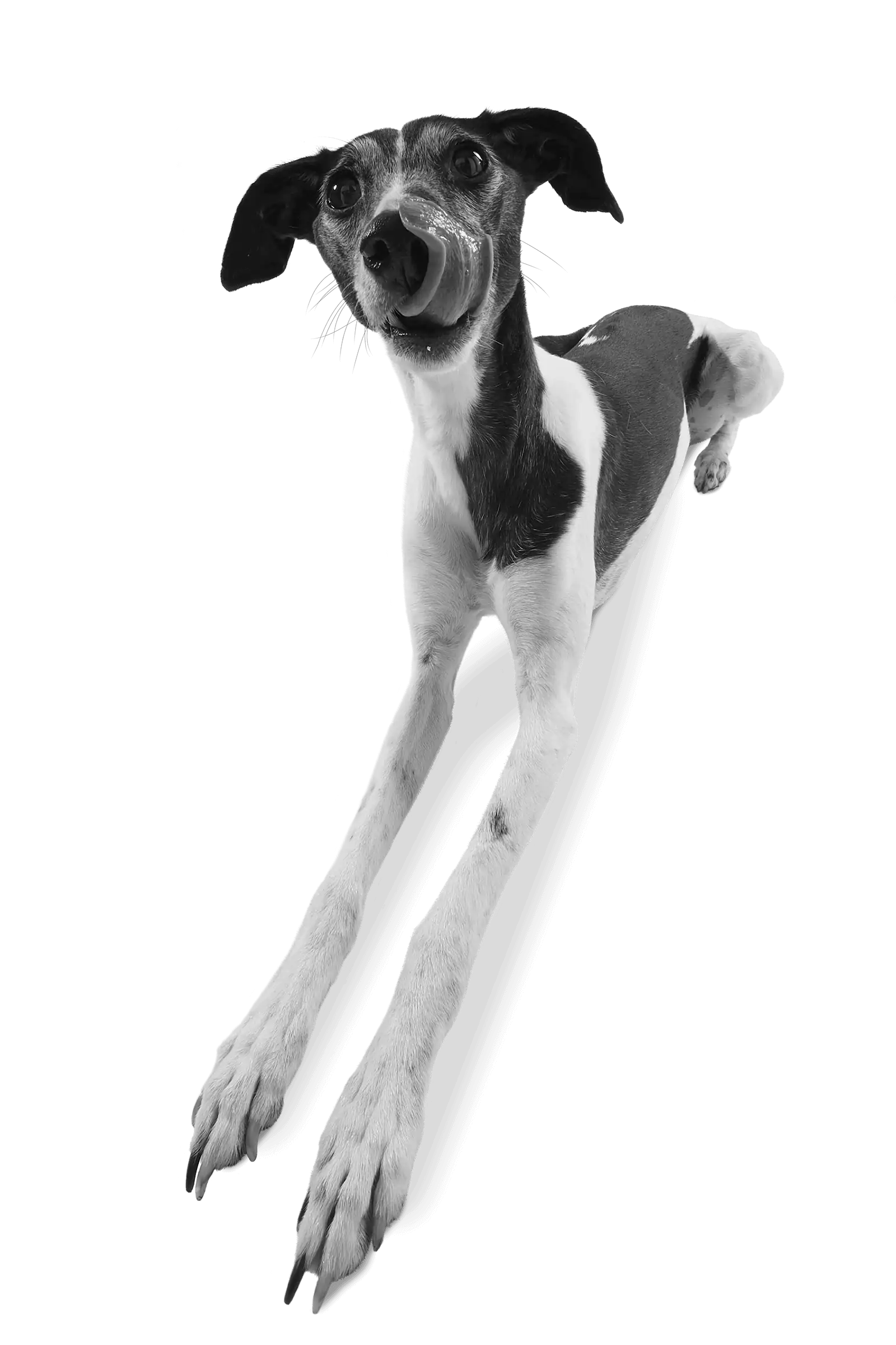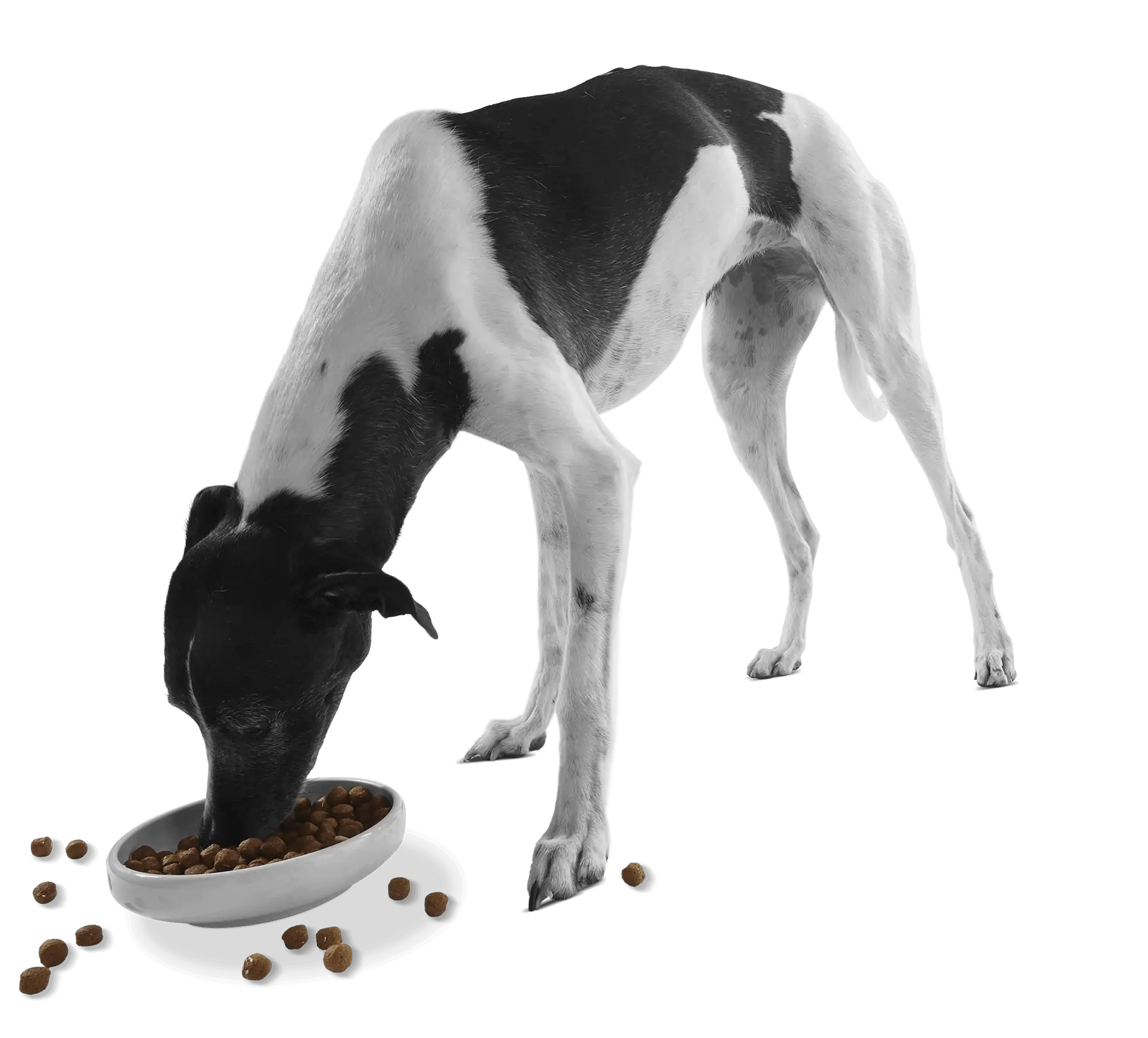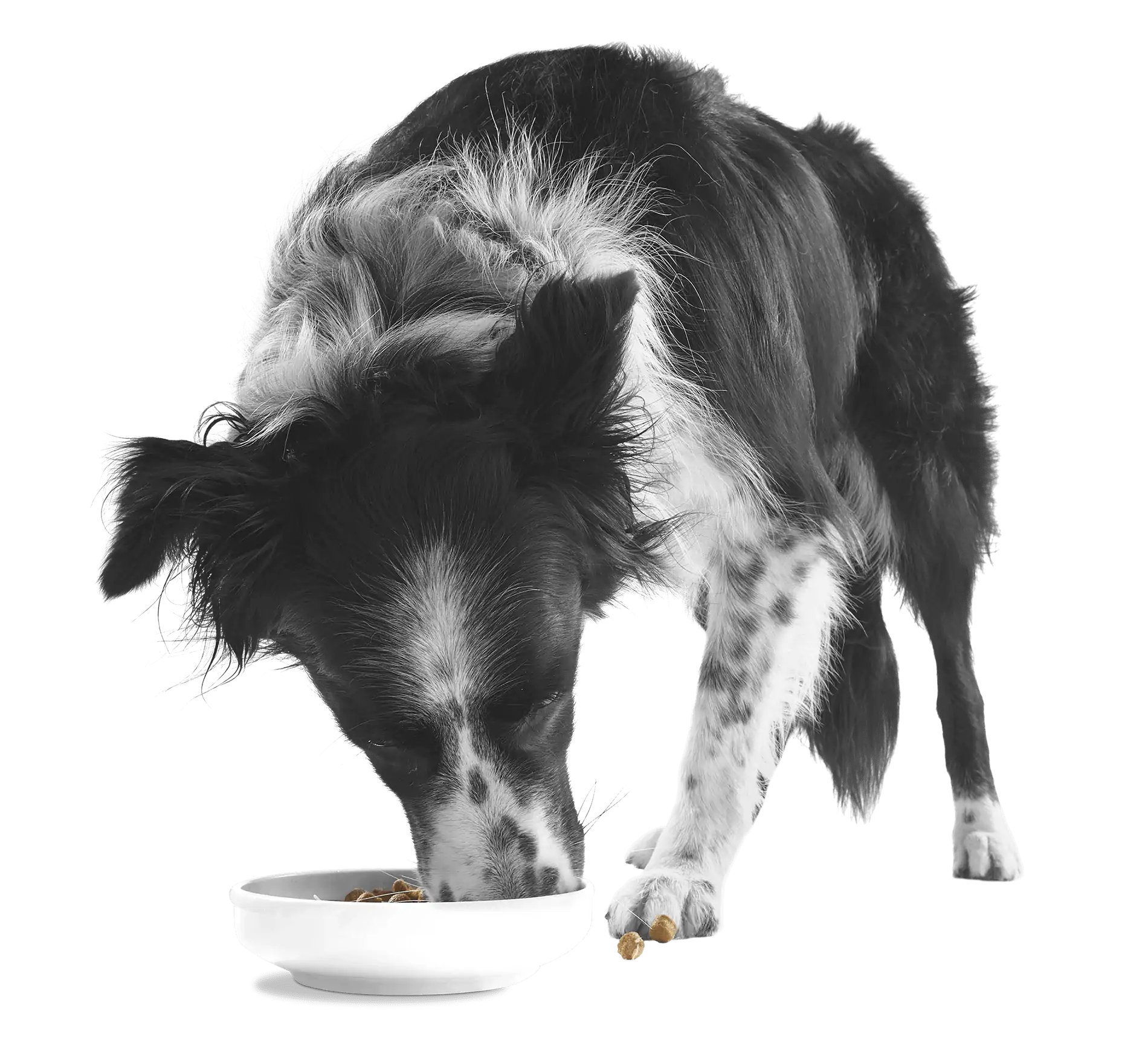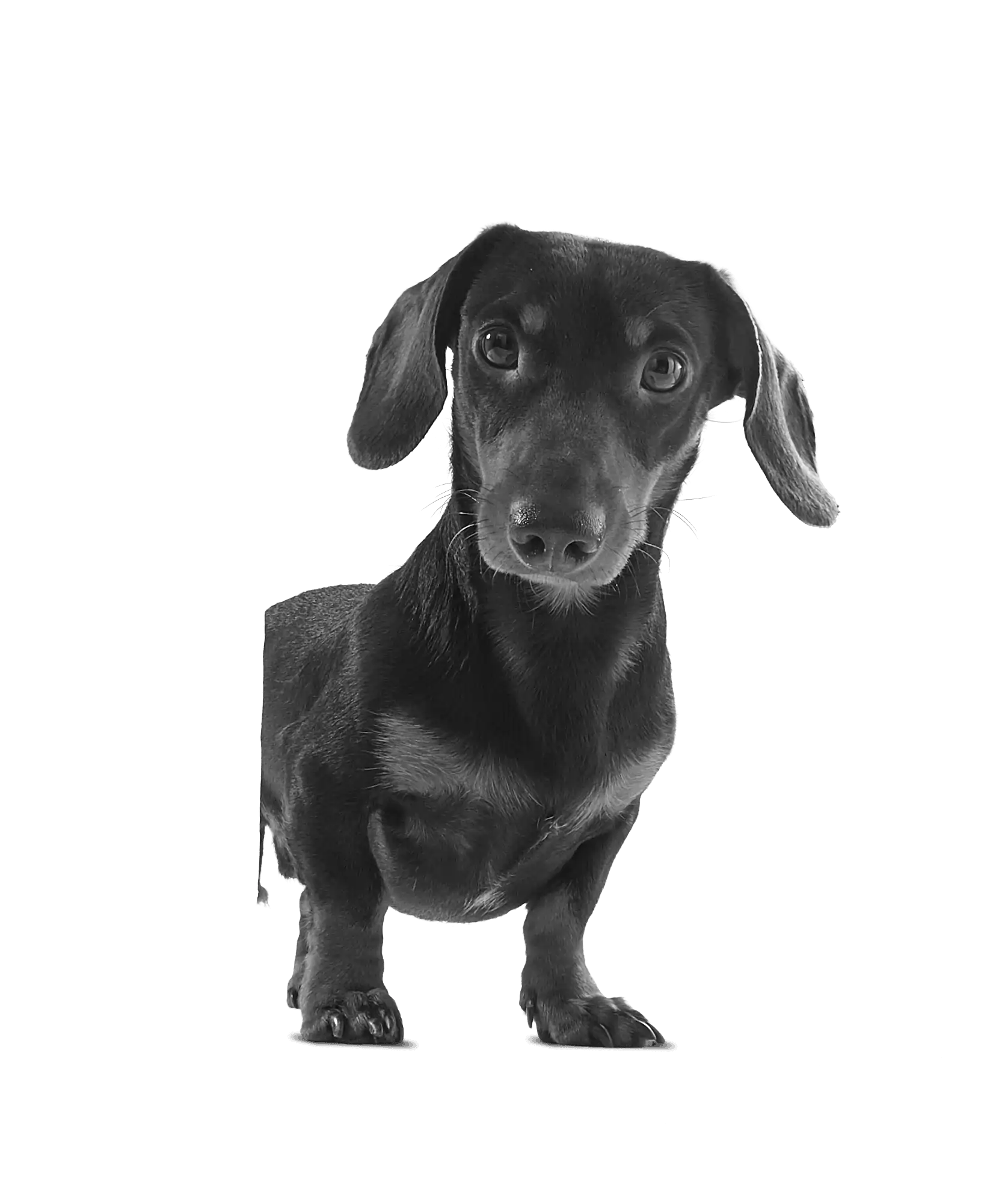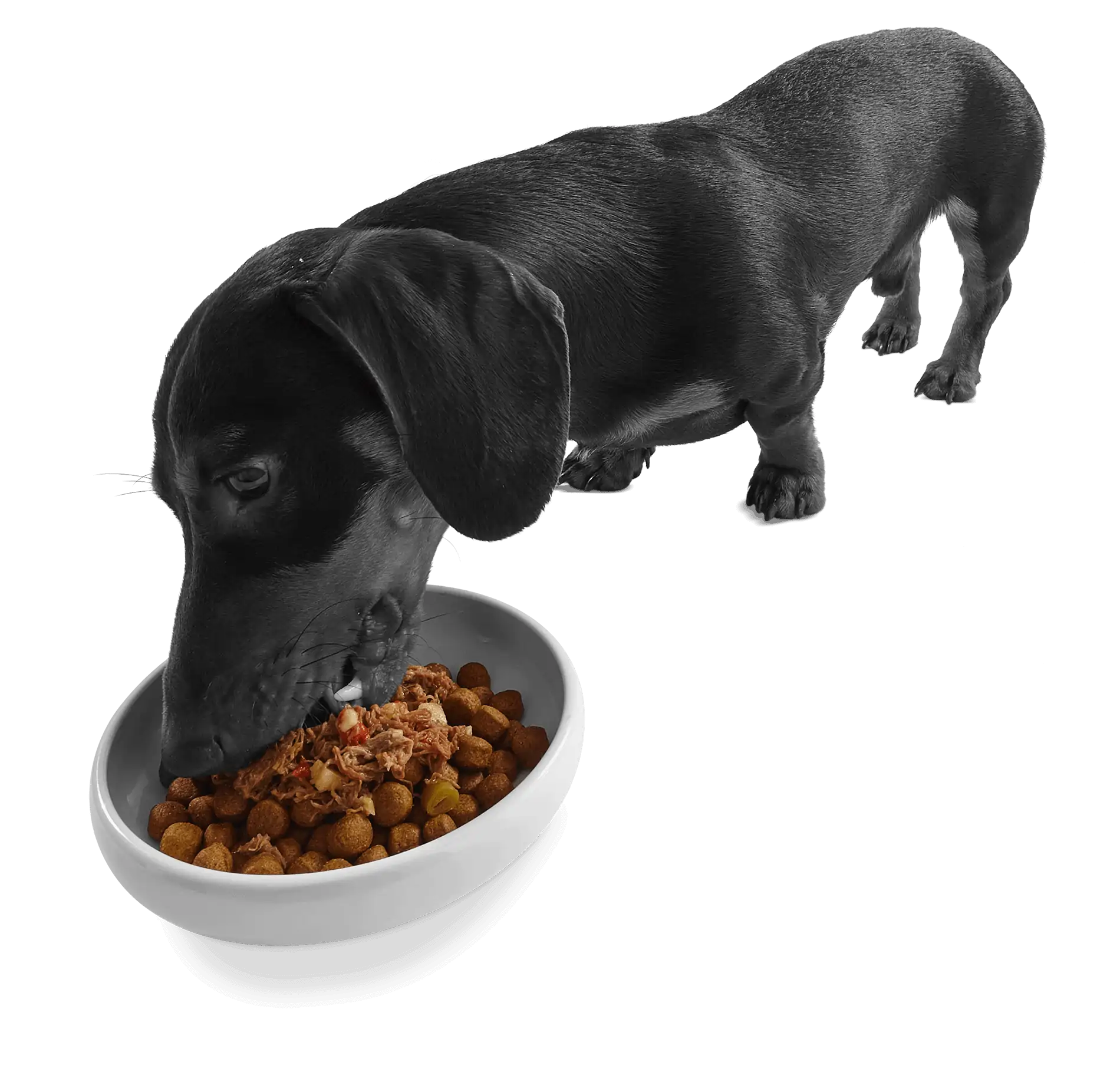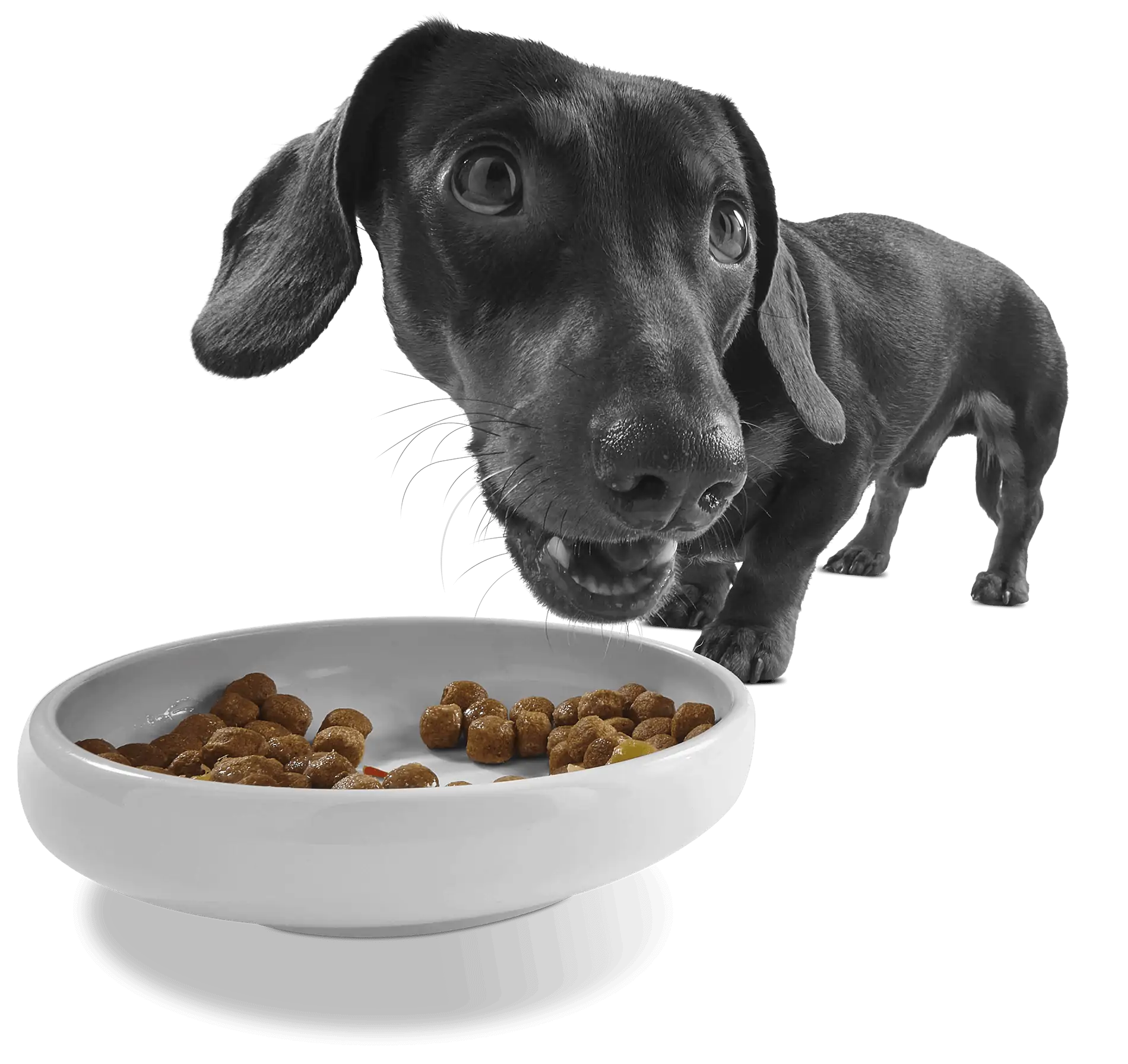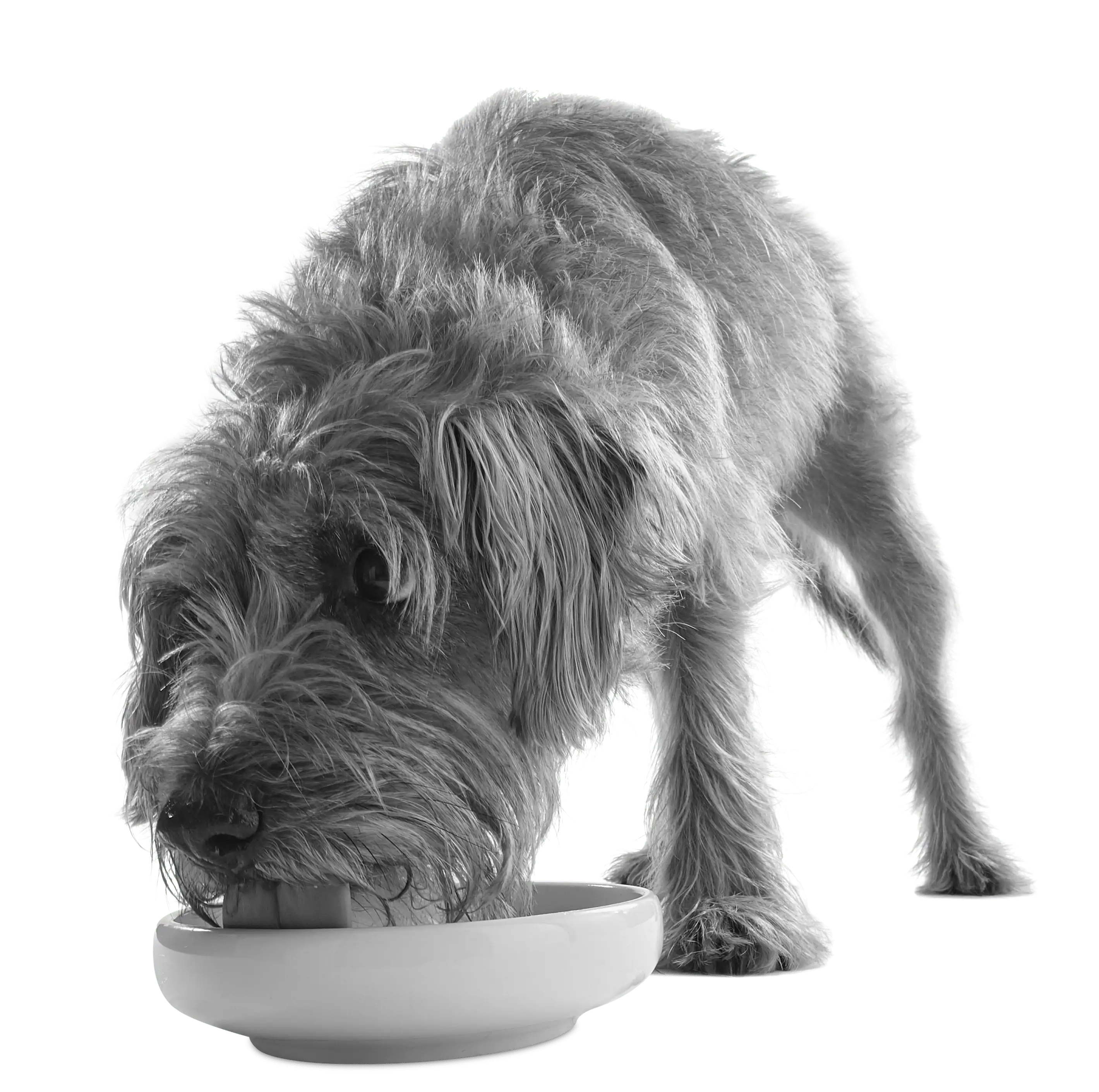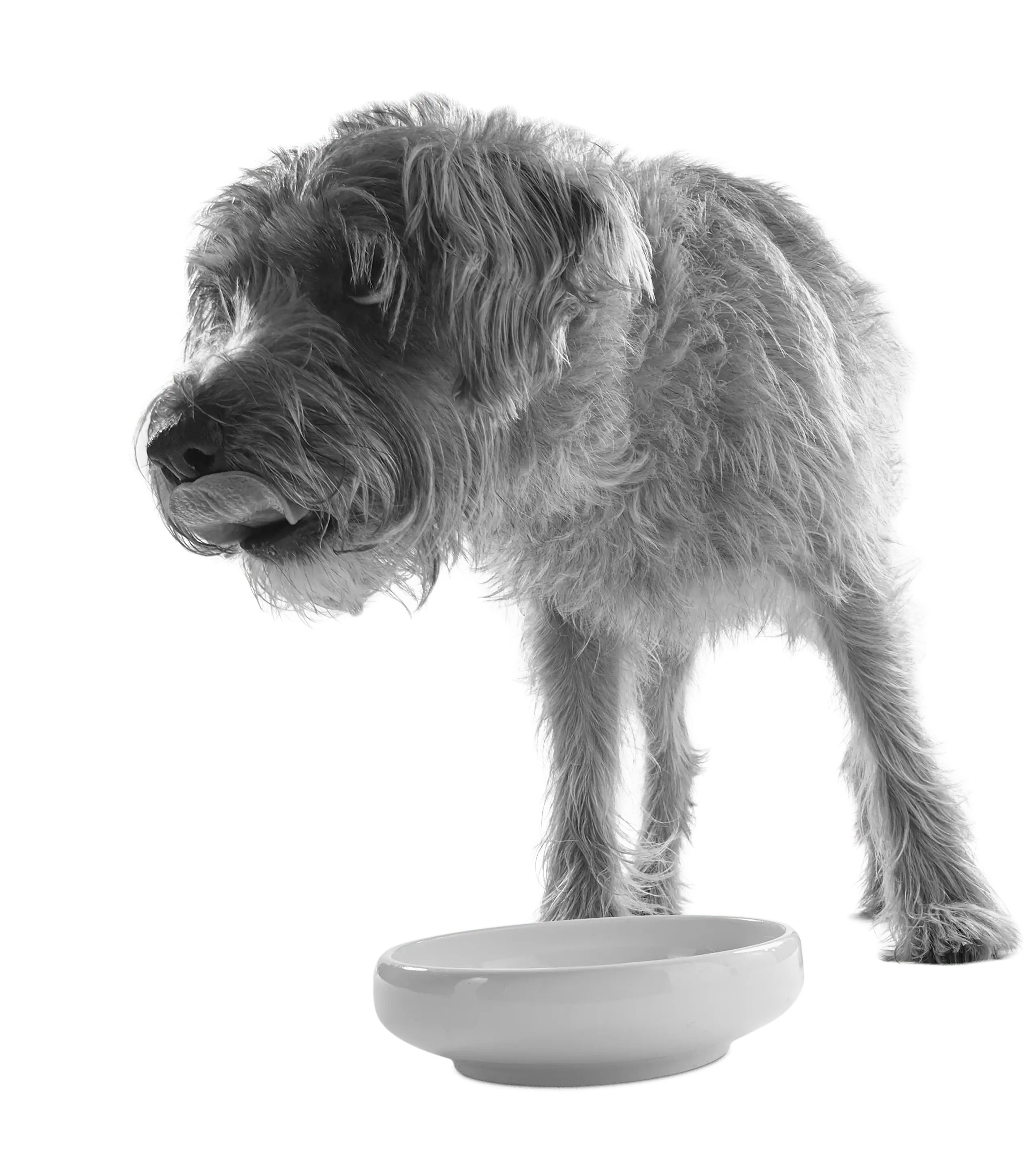What’s more exciting than bringing a new puppy into your home?
No, we can’t think of anything either.
Puppy playtime is one of the best feelings in the world.
Puppy mealtime, on the other hand, can be a little bit nerve-racking.
Wondering where to start with a healthy diet for your puppy?
It goes without saying that puppies need food to grow.
Choosing the right food – the healthiest food – is how we make sure they grow big, fit and strong.
Providing the right balanced nutrition in the first few months is vital.
Puppies thrive on calories. Their tiny bodies are developing each and every day, and to meet this huge nutritional demand they should be eating high-quality foods, bursting with natural ingredients.
The vitamins and minerals found in these ingredients will give your pup plenty of pep, but also the ability to fight off diseases.
Look for recipes with high levels of protein. This will feed their muscles and fuel their rapid growth.
A puppy diet should contain healthy fats as well. These contribute to soft, shiny coats while giving recipes the ‘mmm’ factor.
And remember, it’s thirsty work being a pup. Make sure they have access to fresh, cool water at all times.
How much should you feed your puppy?
‘How much should I feed a puppy?’
A question all first time pup parents ask.
Puppies need to be fed little and often, usually three to four times a day.
The amount of food a pup needs depends on a number of factors such as breed and size.
The below puppy feeding guide is a good starting point when it comes to working out how much you should be feeding your family’s new addition. Always check the pack for a feeding guide to ensure your dog is receiving the correct amount.
Age and daily serving (g)
Adult weight 2 – 4 months old 4 – 6 months old 6 -12 months old
Very small: < 5kg (Jack Russell Terrier, Chihuahua) 50 – 150 40 – 150 25 – 100
Small: 5kg – 12kg (Bichon Frise, West Highland Terrier) 120 – 250 150 – 250 120 – 200
Medium: 12kg – 25kg (Border Collie, Cocker Spaniel, Bulldog) 250 – 500 250 – 500 230 – 390
Large: 25kg – 35kg (Golden Retriever, Labrador) 500 – 600 500 – 650 400 – 550
Very large: > 35kg (Rottweiler, St Bernard) 620 – 750 650 – 800 550 – 650
Examples of healthy puppy diets
Pups grow fast. You want them eating well, you want them eating happy.
Try your best to avoid recipes that have high levels of cereal.
Grain-free kibble boasting a high meat content will be much easier for them to stomach.
Their expanding muscles will gobble up the protein, and the crunchy kibble keeps teeth clean.
Complementary wet food is another tasty mealtime possibility. Less calories, more moisture; it can be easier to chew for tiny mouths, and all the added water will keep hydration levels up. Natural ingredients and prime cuts of meat will have your hungry little pup licking their lips. A great option for fussy eaters.
Our adorable mini fur babies don’t stay little for long.
Puppies are generally ready for adult food once they reach between 80% and 90% of their adult weight.
Take your time when transitioning. Gradually mix in adult food over a period of a few days, slowly reducing the amount of puppy food.
Their growth spurt may be over, but our dogs still need nourishing nutrients for health and wellbeing.
A great way to give mealtimes a nutritious, flavour-filled kick is through Taste Toppers.
Applaws Taste Toppers are all made with natural ingredients so you know your dog is getting the best quality diet.
Every recipe brings tail-wagging taste to your best pal’s bowl as well.
Beef Bone Broth with Turmeric & Parsley Pouch, Chicken Breast with White Beans, Pumpkin & Peas in Gravy Pouch, Chicken with Lamb Stew with Carrots, Courgette & Sweet Potato Tin, plus many more.
There’s a taste topper for all types, but remember, they can’t be fed to puppies aged under four months.
Is it okay to switch the diet of a puppy to wholesome foods?
Puppies need the best possible diet while they grow.
Switching to wholesome foods will definitely benefit them in the long-term, but you need to be careful over the short-term.
Diet changes should be done gradually, to avoid side effects like tummy trouble or diarrhoea.
It can take up to a couple of weeks for your pup to adjust, even longer if they have a sensitive stomach.
Stay patient, and keep a close eye on how they respond to each meal.
